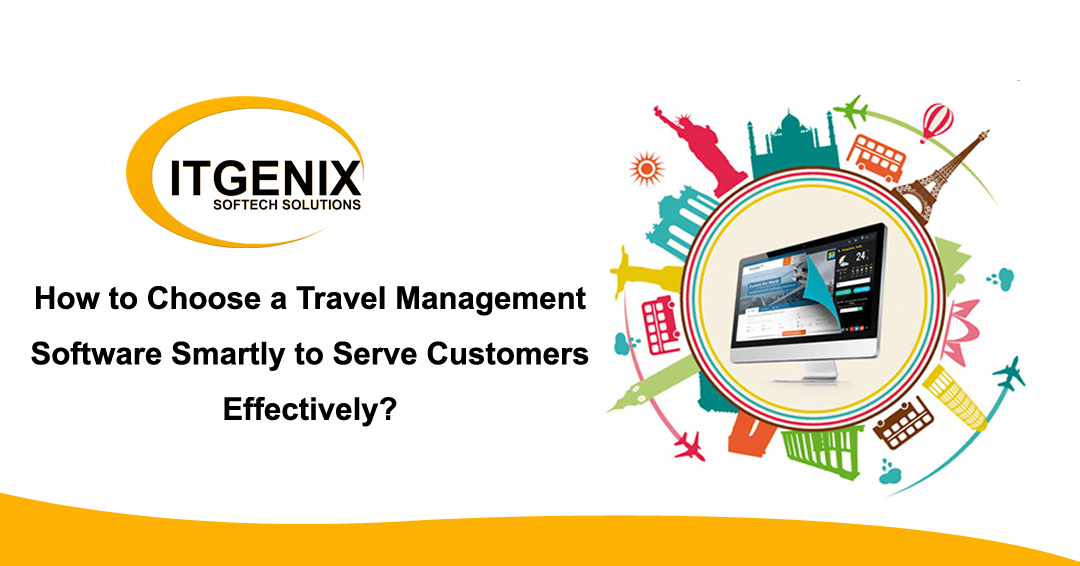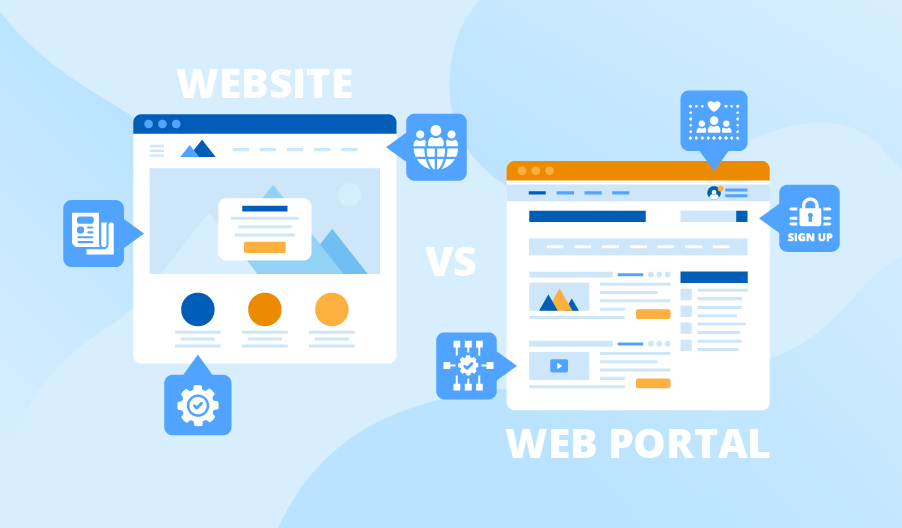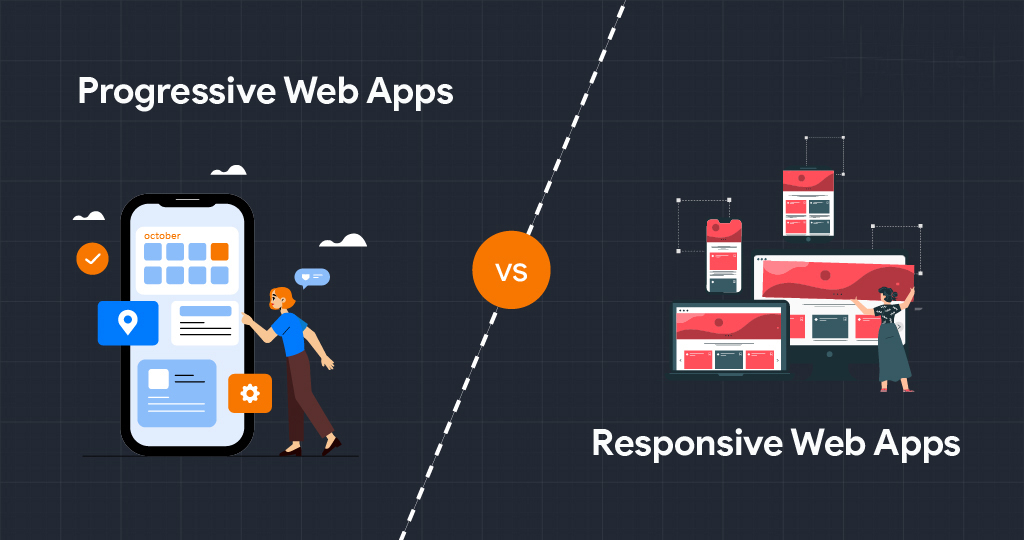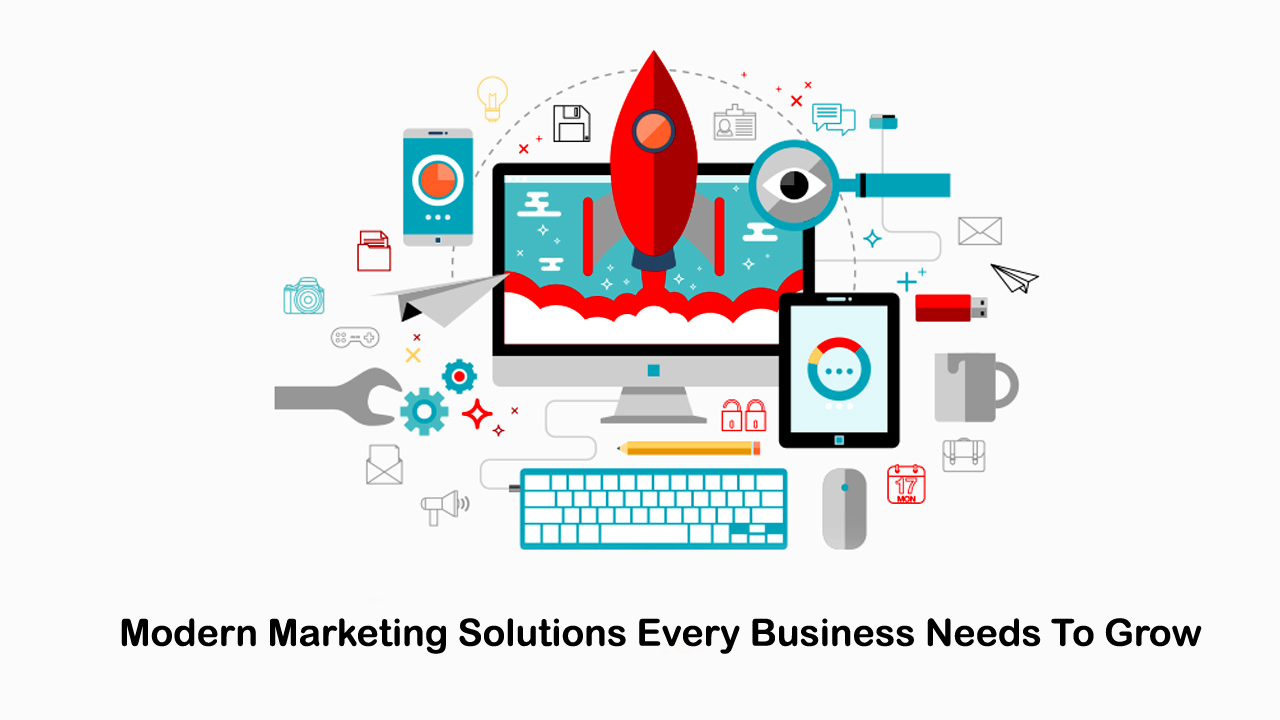
05 Dec, 2022
Even in hard times, expanding one's business overseas has several advantages. Going global is a big endeavor that might disrupt current company operations for small and fledgling enterprises. CEOs and other corporate executives must thus comprehend the globalization of the software industry and assess if the benefits exceed the hazards.
If your computer company has been successful for a few years, there's a good likelihood that you have clients that are based abroad. This is unquestionably the case in parts of central and eastern Europe, where technology firms have grown internationally and forged connections with customers in nations like the US or the UK.
Don't undertake it if you can't expand or fund it to take advantage of the market potential. Concentrate on a market where you can overtake the leading companies in three years and become a major force. It's critical to keep in mind that as a new participant, you will face tough evaluations and have only one opportunity to succeed. If you do it incorrectly, you might ruin your reputation and financial investment.
In order to continue carrying out daily tasks in addition to the global endeavor, stakeholders from throughout the organization will be expected to take on more responsibility. How do you go global with your business? The decision to expand your company internationally is not one to be taken lightly, but for the majority of businesses, it will be unavoidable given the greater growth potential offered by international markets. The challenging task of "going global" might yield excellent outcomes by paying close attention to details and outsourcing administrative tasks.
Be committed
Instead of an ad hoc experiment, success will require a strong, well-thought-out plan with sufficient funds and resources for the medium term. Make sure the whole management team is aware of the project and committed to its success despite any setbacks. Success is seldom straight-lined!
Tax and Finance Readiness
To guarantee that you get timely reporting and that your foreign firm complies with local corporate regulations and procedures, it is important to set up the appropriate tax and finance infrastructures as soon as possible.
1. Take into consideration outsourcing tax, payroll, and accounting.
2. Create connections with nearby banks.
3. Create a risk management strategy.
4. Create a research on the transfer prices.
5. Create a plan for cash repatriation.
6. Compile and submit sales and VAT tax information.
If you don't have a strong engine to find, engage, acquire, onboard, and develop consumers in a scalable and repeatable fashion, don't even think about growing. You will waste money and resources if you don't put this engine in place.
While having a sound strategy that is regularly reviewed and evaluated is important, you won't be able to predict every factor in advance, and that's good. You'll need to be quick to change or even pivot as you take lessons from both success and failure. Avoid being too haughty or frightened to "fail fast."
Research is where it all begins. Even if a market appears to have potential from the outside, there may be rivals or other factors that may restrict performance. There are vast amounts of data available in both free and commercial formats.
Speaking with other ISV founders and exchanging cross-country knowledge is an additional choice. I've reached out on Linkedin multiple times to do this. It's shocking how many other entrepreneurs are standing where you are. Once a market has been discovered, you should confirm it for other business compatibility considerations (such as language, time zone, taxes, corporate environment, etc.) before concentrating solely on it.
Your company plan and all investments will be based on your commercial GTM model. Will you open a local office and hire staff? Are you planning to sell from your Australian base of operations? Or are you going to name partners to resell? Depending on your business and software, each approach offers advantages and disadvantages. We have employed locals and created permanent regional companies, and more lately, we have been extending this approach to incorporate strategic alliances.
Partnerships frequently seem like the simple solution for global growth. Having spent 30 years working in the business partner industry, I've found that the amount of effort and money needed upfront for success is frequently underestimated.
Be clear about the responsibilities that are necessary for the value chain, the roles of your partners, and the roles that you will play. Will this play be served? Or will this serve as the partner's supplementary revenue generator? Will it use a commission or referral model?
What kind of partners you need to engage and acquire will depend on the partner roles and opportunities in the value chain that you have identified. When a partner integrates your product into their offering or solution, we find that relationships are most successful. Establishing a pipeline with partners normally takes 4 to 6 months. It also takes that long to realize if your alignment is off.
Utilizing already-existing home-country connections abroad is a fantastic method to generate initial interest and momentum, but they won't send you invoices! See what ISV or SaaS programmers are available now inside your IT stack, such as the Amazon Web Services SaaS programmer.
Although it might not be crucial in the beginning, localization and compliance are essential if you want to succeed. These days, regional rules like the GDPR in Europe or industry-specific regulations like HIPAA, which may have a significant influence on the design of your programmer, are included. The main lesson is to avoid entering a market you can't sustain.
Results from the aforementioned phases should be enough information for foreign company stakeholders to create a final budget that is ambitious but feasible and that your local team will own.
1. Create comprehensive key performance indicators for a 3-year budget and 12-month company plan, and update them every six months.
2. Conduct periodic operational evaluations.
3. Create a real-time budget for reporting with variation analysis, or at the very least, one that is weekly.
To reduce unneeded economic risks, sound legal procedures must be put in place in some nations that are renowned for having a high litigation rate. Additionally, government organizations have stringent guidelines that must be followed in order to operate in the nation. Although being proactive costs money up front, the risks and responsibilities that come later more than makeup for this.
Many multinational corporations attempt to either quickly assemble a local team from scratch or start with executives from the parent firm. This slows down the time to market and is hazardous and time-consuming. By using experienced senior interim executives, the business can get started right away, swiftly test hypotheses, and lead crucial preparedness efforts while selecting the ideal senior management team.
The ideal client will offer you input on what is required locally for your product and assist other consumers in understanding their experience. We've always had beachhead customers, and we've always valued their suggestions and leadership. It may be dangerous, time-consuming, and expensive to expand globally. We trust that these suggestions will strengthen your strategy.
Companies might greatly benefit from opening new offices overseas to assist them to become closer to their international clients. For instance, having employees in the US or Latin America enables US clients to communicate with someone who works in the same or a nearby time zone. Additionally, the proximity of the two locations makes it possible to meet in person whenever necessary.
If organizations are willing to do their homework, acquiring the right talent abroad should not be a major concern. One of the most sought-after and profitable careers in the modern world is software engineering.




















.png)



All right reserved by Itgenix Softech Solutions